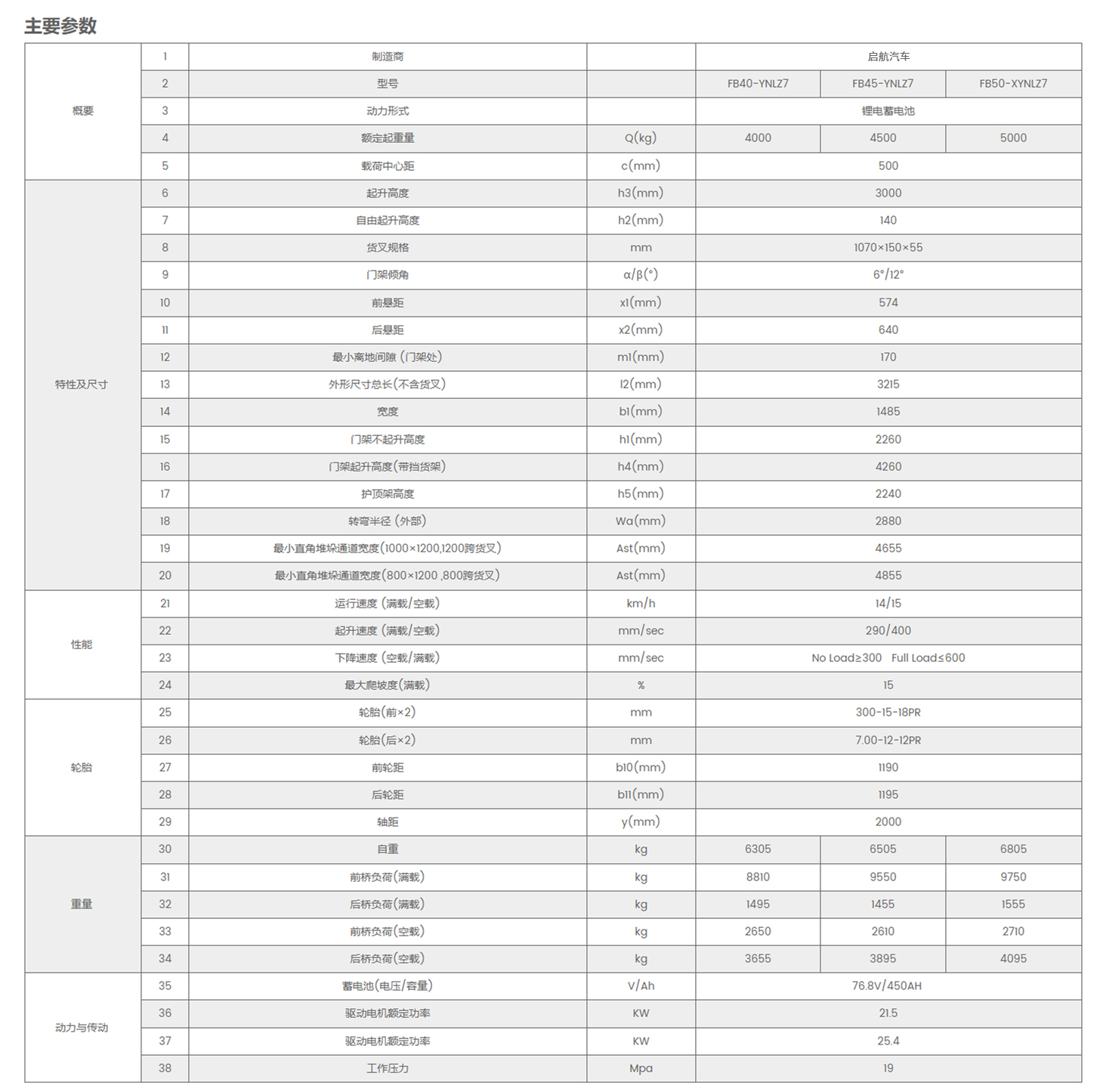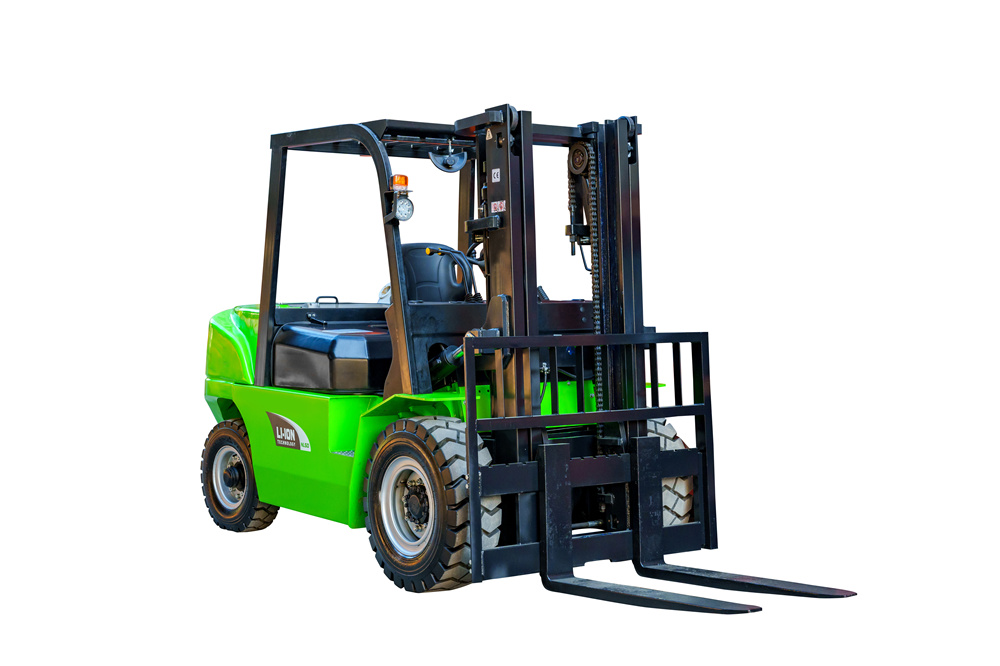Durable and sturdy frame
The structure of the internal combustion forklift has been tested in the market for over 20 years.
Inside the lithium battery forklift, advanced lithium battery technology is used to ensure its performance.
Long term homework
Lithium battery forklifts can be charged and discharged approximately 4000 times, with a long service life and a 5-year warranty, greatly reducing customers' concerns about battery usage.
Safety and convenience
The specially customized hydraulic station of the lithium battery forklift ensures that the steering system can also work properly when you step on the brake.
The CAN bus and BMS system are constantly monitoring and protecting the forklift. The hood has a larger opening angle, making it easy to access all the components inside.
Reduce Total Cost of Ownership (TOC)
The purchase price of lithium battery forklifts is almost the same as that of ordinary internal combustion forklifts. However, compared to ordinary internal combustion forklifts, there are no fuel consumption costs and no maintenance costs for air filters, oil filters, and engine oil changes.
Multi scenario use
Adopting an internal combustion forklift structure, it can operate indoors and outdoors, and has good waterproof and dustproof properties.
Fast charging
Lithium battery forklifts can be fully charged in just 2 hours and can be charged at any time to ensure multi shift manufacturing.
Comfort&Ergonomic Compliance
The lithium battery forklift has a low center of gravity and good stability, making the driver feel comfortable when turning. And this model has more legroom than standard lithium-ion forklifts.
Overview of lithium battery forklift industry
1.Lithium battery forklift is a type of mobile industrial vehicle that uses lithium batteries as its power source to drive the driving motor and hydraulic system motor, thereby achieving driving and loading and unloading operations. It includes electric balance weight passenger forklift, electric passenger forklift, and electric walking forklift.
2.In China, electric forklifts mainly use lead-acid batteries or lithium batteries as power sources. Traditional electric forklifts usually use lead-acid batteries, but lead-acid batteries have many limitations, such as relatively few charging and discharging cycles, short service life, high maintenance requirements, and significant environmental impact during use, as well as longer charging time.
3.Compared with lead-acid batteries, lithium batteries have significant characteristics such as lighter weight, smaller size, and higher energy density. Therefore, forklift models equipped with lithium batteries are designed to be more compact and have higher overall stability. In addition, lithium batteries have faster charging speed, longer lifespan, lower maintenance costs, and are more in line with green and environmentally friendly requirements compared to lead-acid batteries.
2. Characteristics of lithium battery forklift industry
The industry characteristics of lithium battery forklifts include low emissions and environmental advantages, more economic advantages, market demand growth, and technological innovation driven.
(1) Having low emissions and environmental advantages
Lithium battery forklifts rely on battery drive to achieve zero carbon emissions and zero exhaust emissions. At the same time, the lithium battery does not contain lead or acid components inside, effectively reducing the degree of pollution to the surrounding environment, which is in line with the concept and requirements of modern industrial sustainable development and demonstrates more significant environmental benefits. In addition, due to the high energy density of lithium batteries, their charging efficiency is higher compared to lead-acid batteries, thereby reducing the ineffective consumption of energy. Based on this, lithium battery forklifts have outstanding environmental advantages in terms of energy-saving performance throughout their entire lifecycle.
2) Having economic advantages
From the perspective of operating costs, lithium battery forklifts are lower compared to lead-acid battery forklifts. The cycle life of lithium batteries is usually between 2000-5000 cycles, which is several times longer than lead-acid batteries (with a cycle life of 300-500 cycles). Moreover, lithium batteries require almost no maintenance during use, and there is no need to regularly add water or clean electrodes, greatly reducing operational complexity and associated maintenance costs.
(3) Market demand is growing and driven by technological innovation
With the booming development of the e-commerce logistics industry and the deepening of vehicle networking automation, lithium battery forklifts have been widely used in various scenarios such as e-commerce logistics and cold chain logistics, which have strict environmental requirements, due to their significant characteristics of low noise and zero emissions. The market demand is showing a rapid growth trend. In addition, the continuous progress and development of lithium battery material technology, such as lithium iron phosphate and ternary lithium batteries, are driving the gradual reduction of battery costs, further improvement of energy density and safety, and thus promoting the penetration rate of lithium battery forklifts in the market.

